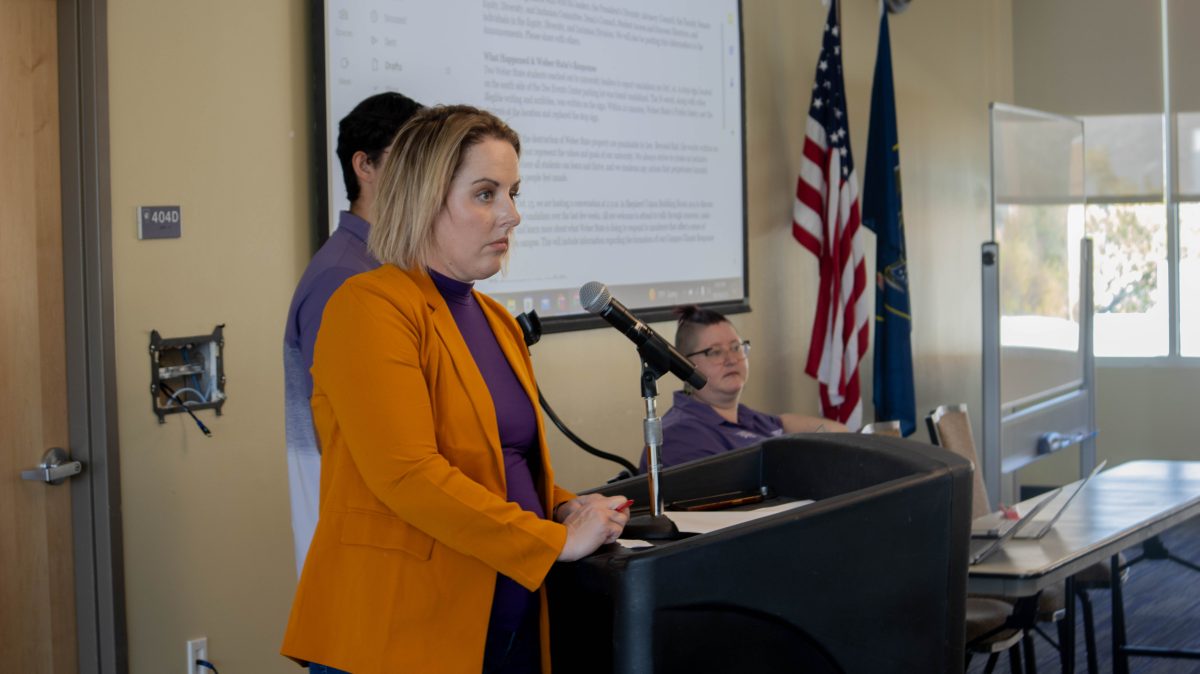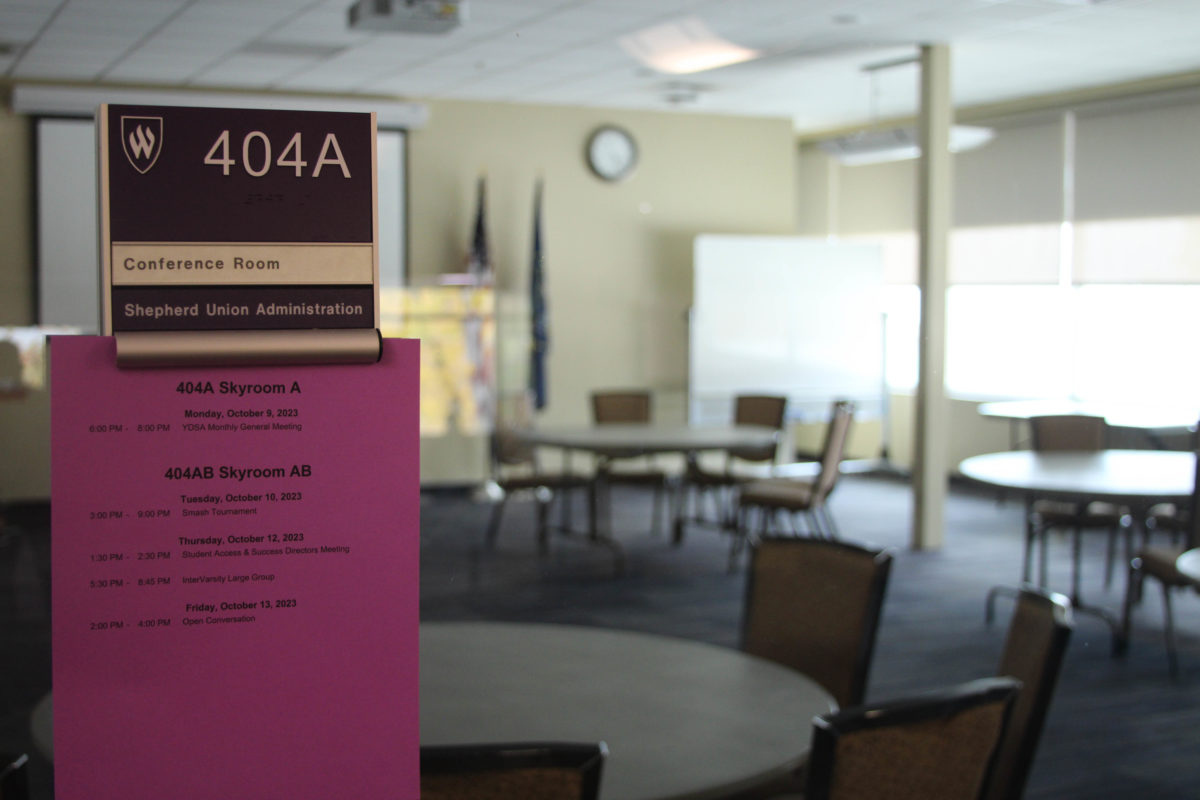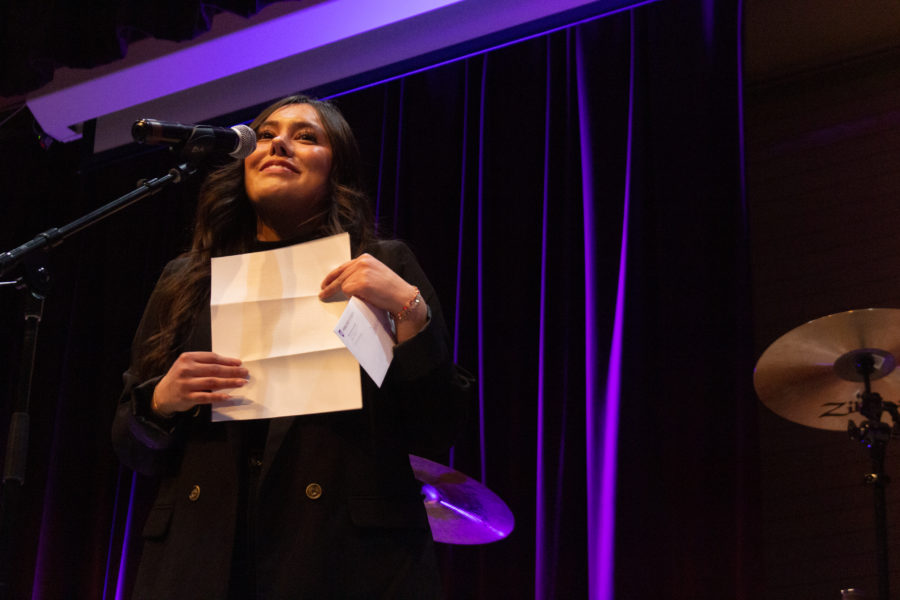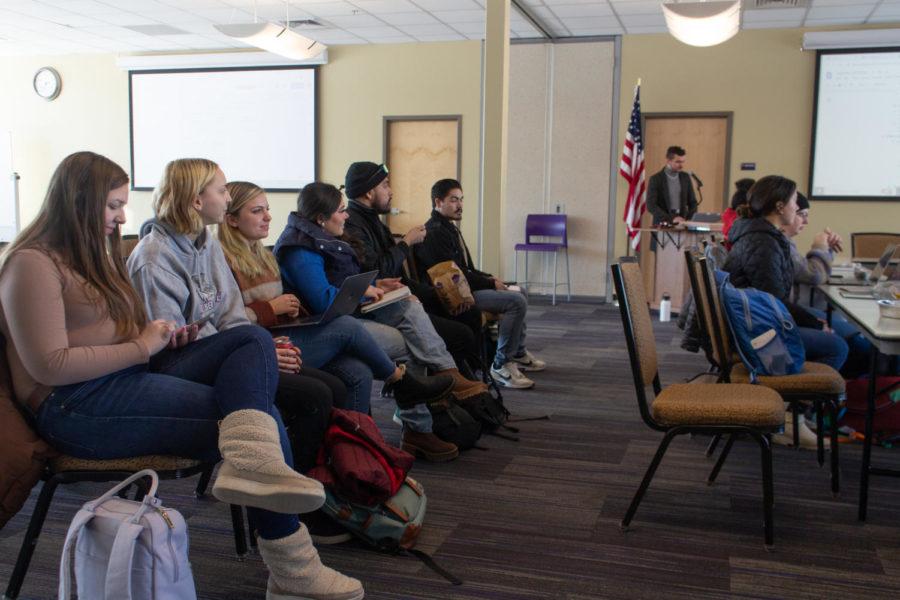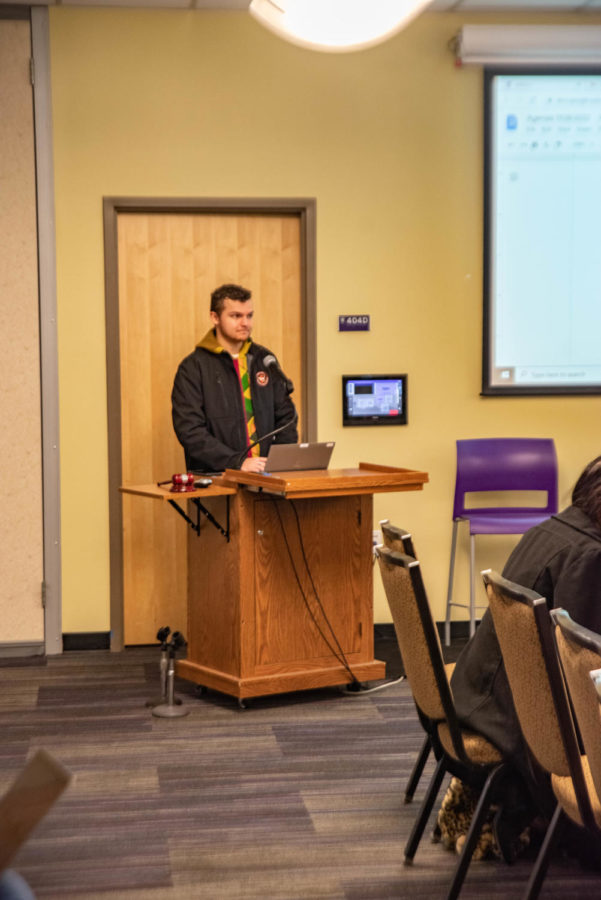Dianna Abel, director of Weber State University’s counseling center, spoke to the student senate about the services it offers to students at the senate’s meeting this week.
Previously, concerns had been brought to the senate about whether the counseling center could provide lesbian, gay, bisexual and transgender students services specific to their needs.
“The fact that we are a safe place for students from all different racial and ethnic groups and gender communities and sexual orientation groups are safe to be seen at our center, and we are trained to do that,” Abel said. “That is a key core value to who we are.”
All the providers in the counseling center hold graduate degrees and are licensed. They also follow ethics codes set by organizations such as the American Psychology Association. In addition, guidelines are in place to meet the needs of specific groups of people, including LGBT constituents.
“The APA actually has specific guidelines that, again, we’re all bound to follow to make sure that we’re treating this group appropriately,” Abel said.
Staff members of the counseling center continue their education each year, including 48 hours of continuing education every two years. Members said they will often choose to get further training on the needs of specific groups of people.
Brady Harris, Davis campus senator, said he believes more awareness should come at the state level.
“It’s a Weber issue, but it’s also a state issue,” he said. “It might be beneficial for us as a Utah student association to look into some statewide changes for more support.”
Accreditation standards suggest a 1 to 1,500 counselor-to-student ratio. Currently, WSU’s counseling center has one counselor for every 3,000 students.
Abel said that, while the counseling center is working on making its services more visible to students, it does increase the number of students who visit.
“The more we’re out there advertising who we are, the more clients come in, and we have more people,” she said. “It’s kind of a vicious circle that we have to try and figure out — to make sure students know who we are, but we also need to make sure we’re managing the flow.”
Abel also said she hopes the student senate will inform constituents that the counseling center is available for them, should they need their services.
“If someone says, ‘You know, the counseling center doesn’t feel like a safe place,’ you would at least know enough to say, ‘Wow, that is not what I know about the counseling center,'” Abel said.









